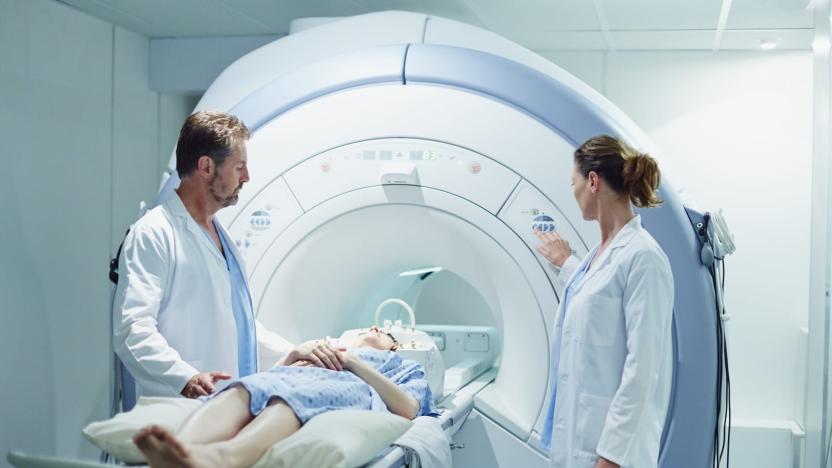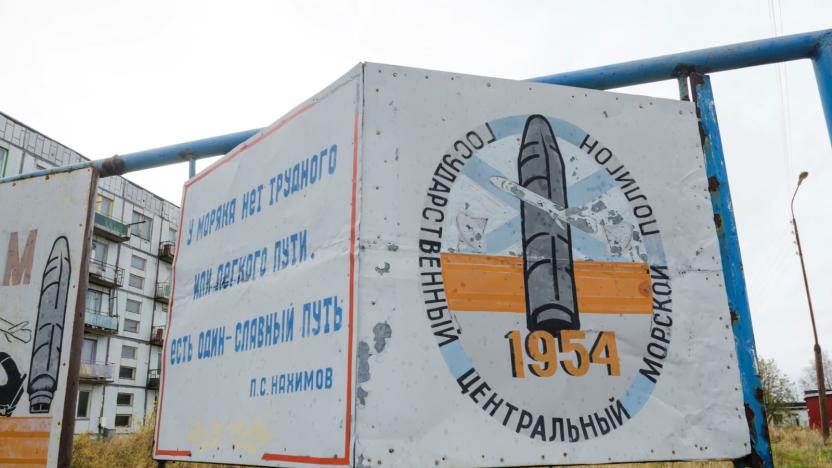isotope
Latest

Wisconsin firms hope to make radioactive isotopes for nuclear medicine (updated)
Certain cardiac stress tests and other nuclear medicine diagnostics depend on molybdenum-99, or Mo-99, a radioactive isotope that decays into the diagnostic imaging agent technetium 99m, or Tc-99m. The latter is used in more than 40 million medical imaging procedures each year, but Mo-99 is costly and difficult to make. Now, two Wisconsin firms say they've found a more efficient way to make the critical material.

Russian rocket test explosion leads to radiation leak
Russia's military technology push has unfortunately produced deadly consequences. The country's Rosatom has confirmed that five people have died and three have been injured after an explosion on August 8th while testing an isotopic power source for a rocket's liquid propulsion system. The same blast also increased radiation levels by as much as twenty times in nearby Severodvinsk for about half an hour.

A supernova once blasted the moon with radioactive iron
Stars are gigantic hydrogen bombs that normally produce helium with little fuss. When the hydrogen is all gone, however, they implode, causing exotic new elements to be formed by the massive gravitational pressure. If a star is just the right size (eight to 15 times our sun's mass), it will go supernova, ejecting heavy, often unique isotopes into space. Researchers have found some of those isotopes on the moon, meaning that our solar system was once hit by dust from a supernova just a few hundred light years away.


